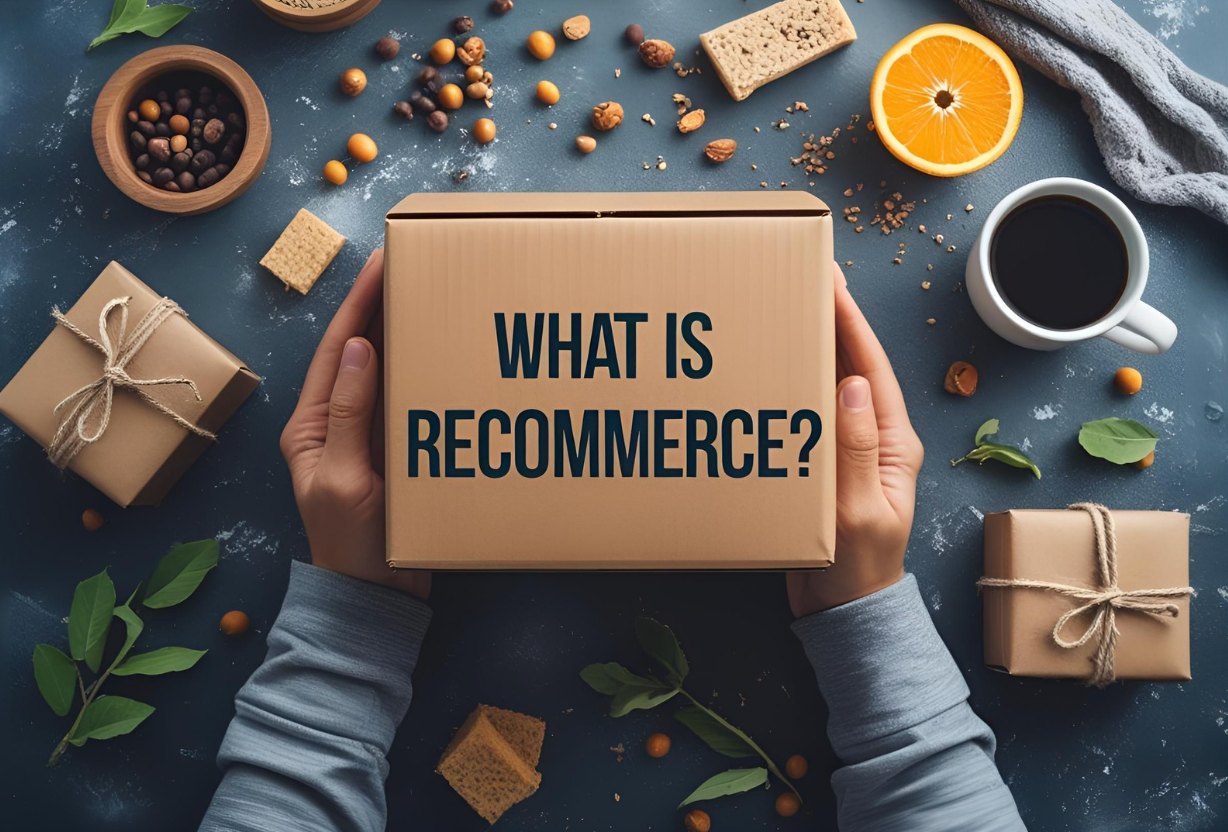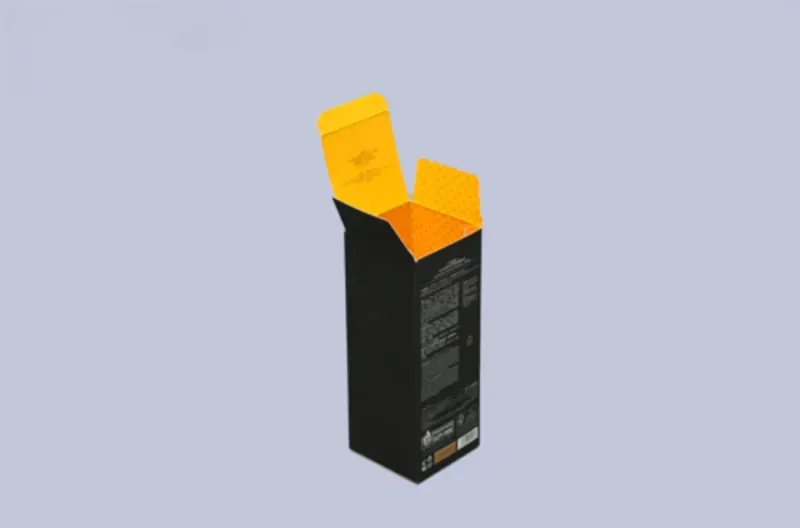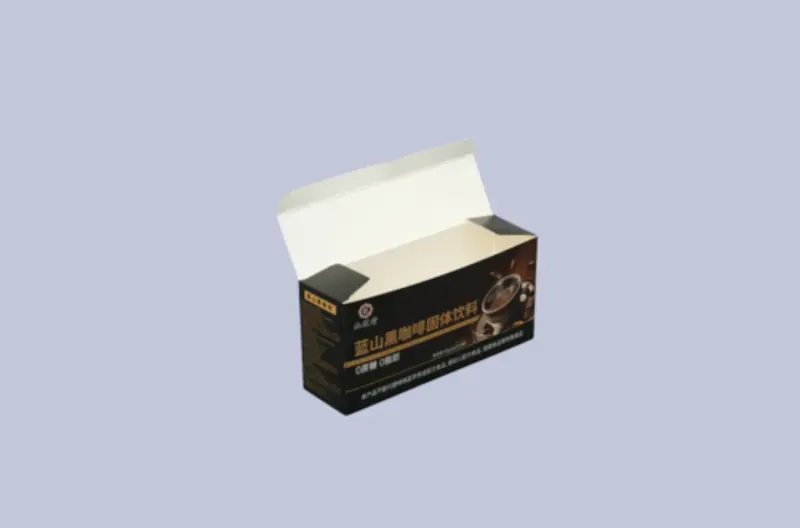Recommerce Explained: How Resale and Upcycling Reshape eCommerce Packaging
Discover what recommerce means, how it impacts brands, and why smart packaging is key to resale and upcycling success in today's circular economy.
Contact Us now
Table of content

Ready to Elevate Your Brand with 100% Custom Box & Bag Solutions?
Get a Free QuoteWhat Is Recommerce and Why It Matters
Recommerce—also known as resale, reverse commerce, or even upcycling—is transforming how consumers and brands approach sustainability. Instead of buying new, more people are choosing to resell, reuse, or repurpose products, extending the lifecycle of goods and reducing waste. From luxury fashion to electronics, this movement is booming across the U.S., Europe, and Australia.
As the secondhand economy grows, brands and platforms are scrambling to support a more circular model—and packaging plays a critical, often overlooked role in this transition. Whether you’re a fashion brand launching a pre-loved line, a cosmetics company implementing a buy-back program, or a reseller looking to ship pre-owned goods, custom packaging solutions are essential to protecting product integrity and brand value.

Recommerce Definition – What Is Recommerce, Exactly?
You’ve probably heard the term—but what is recommerce?
Recommerce (short for reverse commerce) is the practice of selling previously owned goods—whether directly from consumer to consumer (C2C) or facilitated by brands or dedicated platforms.
Recommerce Meaning & Scope
- Owned goods definition: Any product previously purchased and used, now re-entering the market for resale, donation, or recycling.
- Recommerce platforms: Websites like The RealReal, Vestiaire Collective, StockX, and Rebag specialize in authenticating and reselling pre-owned items, especially in fashion, electronics, and luxury.
- Recommerce companies: Brands like Levi’s, Patagonia, and Adidas have all launched branded recommerce programs, making resale a core part of their customer experience.
The recommerce market is projected to hit $64B in value by 2028, growing 11x faster than traditional retail (source: ThredUp Resale Report). It reflects a larger consumer shift toward conscious consumption, affordability, and sustainability.

Why Recommerce Is Booming in Fashion, Tech & Consumer Goods
Several trends are driving the rise of recommerce across industries:
1. Consumer Demand for Sustainability
- Gen Z and Millennial buyers prioritize eco-conscious brands.
- 75% of Millennials are willing to pay more for sustainable products (source: GreenPrint).
- Recommerce minimizes waste by keeping products in use longer.
2. Economic & Lifestyle Shifts
- COVID-19 drove home clean-outs and secondhand selling booms.
- Inflation and economic uncertainty increase demand for affordable alternatives.
3. Rise of Specialized Recommerce Platforms
- Niche platforms (like Reverb for music gear or GOAT for sneakers) create curated experiences for used goods.
- These platforms offer authentication, repair, and repackaging—all requiring tailored logistics and packaging solutions.
What Brands Need to Succeed in Recommerce
To stay competitive, brands are creating their own recommerce ecosystems. But success depends on more than just resale—it requires infrastructure, trust, and the right packaging.
Packaging for Pre-Owned Goods
Recommerce-ready packaging must:
- Protect products through multiple shipping cycles
- Clearly differentiate new vs. refurbished items
- Be eco-friendly and recyclable
- Communicate brand value, even in a secondhand sale
- Feature authentication tools like stickers, QR codes, or NFC chips
Branding Recommerce Lines
Brands like Selfridges x Vestiaire Collective use special “pre-loved” packaging to visually separate resale inventory from new items while maintaining prestige.
Solutions include:
- Elegant drawer-style rigid boxes for vintage or luxury resale
- Magnetic closure boxes with reusable inserts
- Printed messaging about upcycling, circular economy, and sustainability
Packaging Solutions That Support Recommerce Goals
Rigid Boxes for Premium Resale
High-end resale (e.g., jewelry, perfume, designer handbags) requires packaging that:
- Protects the item’s resale value
- Feels premium, even if reused
- Can include warranty cards or refurb labels
(Explore GUKA’s Custom Rigid Boxes)

Folding Cartons for Recommerce Programs
Ideal for:
- Clothing resale programs (e.g., Levi’s SecondHand)
- Cosmetics brands offering refurbished or near-expiry items
Lightweight, compact, and recyclable folding cartons offer:
- Cost-effective delivery
- Custom print for pre-owned labeling
- Flat shipping for returns
(Discover GUKA Folding Carton Solutions)

Corrugated Boxes & Mailers for Bulk or C2C Platforms
For platforms and brands shipping bulk or fragile items:
- Strong corrugated eCommerce mailers with insert trays
- Reinforced corners and crush resistance
- Branded interiors to elevate unboxing experience
(Browse Corrugated Box Packaging)

Eco-Friendly Add-Ons for Circular Packaging
- FSC-certified papers
- Soy/vegetable-based inks
- “Repurposed Packaging” stickers
- QR codes linking to the item’s journey
Recommerce Platform Success Stories
- Patagonia’s Worn Wear Initiative
- The RealReal & Burberry Circular Campaign
- StockX Resale Marketplace
- Rebag's Clair Pricing Tool

Packaging Is the Missing Piece in the Recommerce Puzzle
Recommerce isn’t just a trend—it’s a fundamental shift in how brands and consumers view ownership, waste, and value. To stay competitive, brands need to think beyond the product and invest in packaging that supports resale, upcycling, and the circular economy.
At GUKA Packaging, we specialize in creating custom rigid boxes, folding cartons, and corrugated packaging that are as durable and stylish as they are sustainable. Whether you're launching a resale program, working with a recommerce platform, or building your brand around circularity—we're here to help you ship smarter and sell greener.
Ready to make your packaging recommerce-ready? Contact GUKA today for a free consultation.
Frequently Asked Questions (FAQ) About Recommerce & Packaging
What is recommerce in packaging?
Recommerce in packaging refers to packaging solutions designed to support the resale, reuse, or refurbishment of products. These packages must be durable enough to survive multiple shipping cycles, clearly distinguish pre-owned items, and align with sustainable practices in the circular economy.
How does packaging affect the resale value of a product?
Packaging plays a key role in preserving resale value. High-quality packaging—like rigid boxes or custom inserts—protects items during shipping and enhances the customer’s perception of quality, even in a secondhand transaction. It also reduces returns and boosts brand trust.
What kind of packaging works best for recommerce?
The best packaging for recommerce depends on your product and business model:
- Rigid boxes for luxury resale (jewelry, fashion, electronics)
- Folding cartons for lightweight pre-owned goods (cosmetics, apparel)
- Corrugated boxes for bulk or fragile items (shoes, tech gear)
GUKA offers all three, customized for recommerce needs.
Can recommerce packaging be eco-friendly?
Absolutely. In fact, eco-friendly materials are a core part of the recommerce model. Popular options include FSC-certified paper, recyclable corrugated cardboard, soy-based inks, and reusable magnetic boxes. GUKA also provides compostable and biodegradable options upon request.
How do brands communicate that a product is pre-owned?
Brands often include design elements such as:
- “Pre-loved” printed messages
- QR codes linking to the item’s story or history
- Special labeling or stickers
- Packaging color schemes distinct from new products
This not only informs the customer but also embraces transparency and builds trust in the brand’s sustainability efforts.
Why is packaging important in the circular economy?
In the circular economy, the goal is to extend a product’s lifecycle. Packaging is essential for protecting reused goods, reducing waste, and encouraging repeat use. Smart packaging design can reduce returns, improve logistics, and align with eco-conscious consumer values.
Recommended for you



.avif)
.avif)
.avif)
.avif)








.avif)
.avif)


.avif)
.avif)












